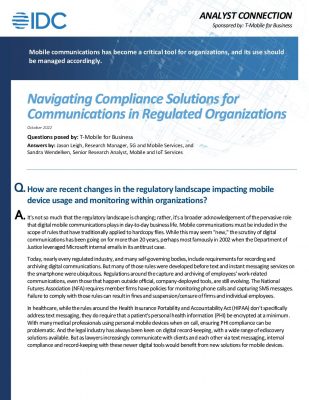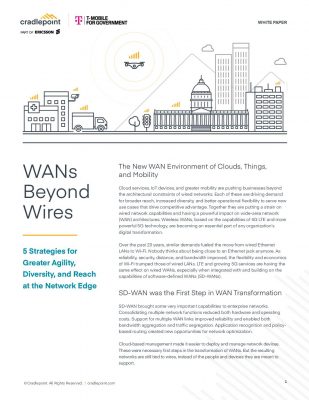Highlights:
- Quantum Machines provides the QBoard-II, a chip carrier compatible with both superconducting and spin qubits.
- Quantum Machines provides a quantum controller called the OPX1000, which is powered by a field-programmable gate array (FPGA) from Advanced Micro Devices Inc.’s UltraScale+ series.
Quantum Machines Ltd. raised USD 170 million in the latest funding. The startup specializes in equipment for quantum computing developers.
The Series C round was led by PSG Equity, with participation from Intel Capital, Red Dot Capital Partners, and several returning investors. This latest investment brings the company’s total external funding to USD 280 million.
Qubits, the fundamental units of quantum computing, cannot perform calculations independently and typically require a classical server for coordination. Quantum computers also rely on various auxiliary components, including an industrial refrigerator that cools qubits to near absolute zero.
Quantum Machines is a key provider of these auxiliary components within the quantum computing ecosystem. Its equipment eliminates the need for researchers to build quantum computers from scratch, accelerating development. The company offers a diverse portfolio of nearly a dozen specialized devices.
Similar to how traditional processors are mounted on motherboards, quantum chips are housed in a module called a chip carrier. Quantum Machines provides the QBoard-II, a chip carrier compatible with both superconducting and spin qubits. Spin qubits store data using the spin of electrons, while superconducting quantum circuits utilize superconducting materials for processing.
Quantum Machines states that the QBoard-II is designed to prevent qubits from interfering with each other. The module also features a shield that protects circuits from external interference, which, if unmitigated, can lead to processing errors.
Quantum processors and their chip carriers are typically housed in industrial refrigerators. To help maintain the extremely low temperatures required for quantum computing, Quantum Machines offers the QFilter-II. This device also helps the chip carrier filter out external interference that could disrupt calculations.
Another product, QSwitch, assists researchers in collecting data generated by their quantum computers. It gathers information through specially designed cables optimized for use inside industrial fridges, simplifying tasks such as analyzing quantum experiment results.
A quantum computer’s qubits are managed by a classical server known as the quantum controller, which configures the qubits, retrieves processing results, and often performs error mitigation.
Quantum Machines provides a quantum controller called the OPX1000, which is powered by a field-programmable gate array (FPGA) from Advanced Micro Devices Inc.’s UltraScale+ series. The system programs the connected quantum computer by directing microwave signals onto its qubits and reads processing results using a similar approach.
Quantum Machines’ OPX+ controller is also used to power Nvidia Corp.’s DGX Quantum system, an appliance designed to help companies manage quantum processors. The DGX Quantum integrates the OPX+ with Nvidia’s Grace Hopper Superchips, which each contain both a graphics processing unit (GPU) and a central processing unit (CPU).
Researchers can utilize the DGX Quantum to run error correction software for quantum computers. Nvidia also highlights its capability to support hybrid algorithms—computational methods that divide tasks between qubits and traditional processors.
Several of Quantum Machines’ products are built on technology acquired through a startup acquisition last year. With the latest funding round, the company may pursue additional acquisitions to further its growth strategy.
“With this funding, we believe that we are well-positioned to accelerate our expansion, drive innovation, and create long-term value for our stakeholders,” said Quantum Machines Chief Financial Officer Nir Ackerman.
Quantum Machines revealed during the funding announcement that it serves hundreds of customers, including the majority of the world’s quantum computing companies, as well as universities, enterprises, and other organizations exploring quantum technology applications.





































































